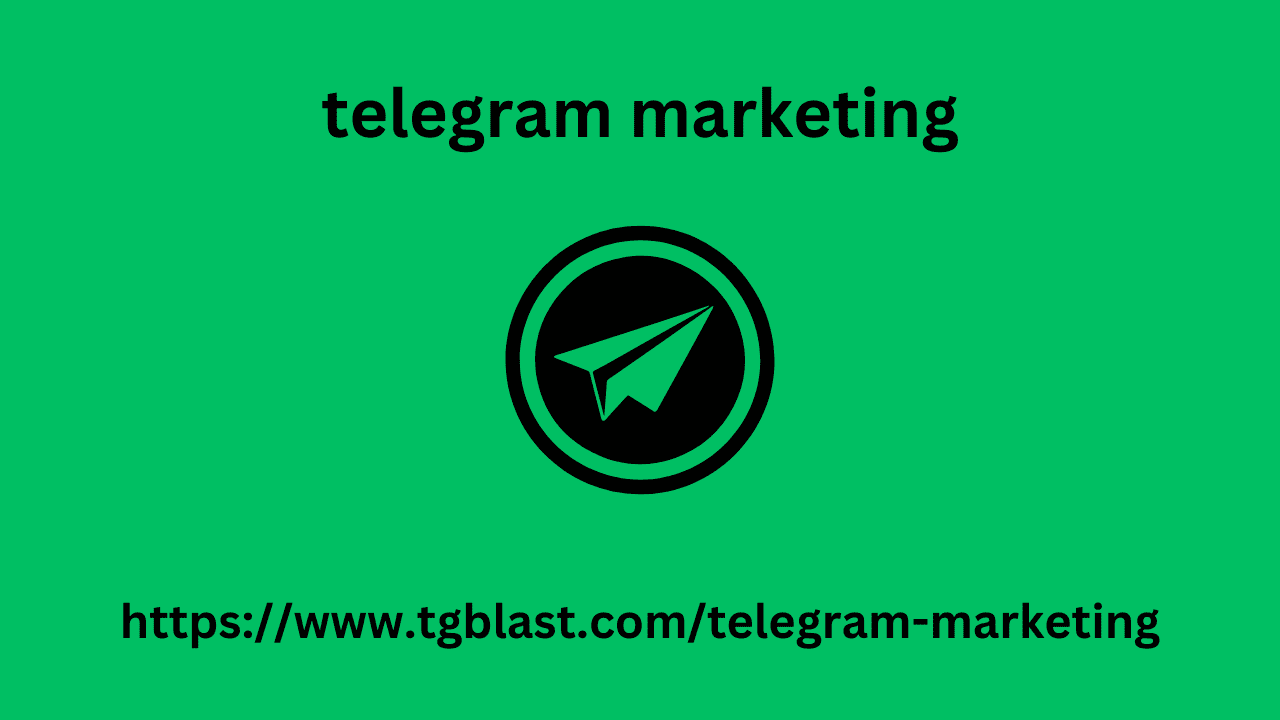The pharmaceutical market is increasingly relying on advanced solutions such as AI-powered predictive analytics. This technology is revolutionizing the way pharma & medical companies operate in many – including key – areas. Find out what predictive analytics is useful for in the pharmaceutical industry.
What is predictive analytics?
Predictive analytics uses statistical techniques and machine learning algorithms to predict future outcomes based on historical data.
In the context of AI, it is the process of analyzing telegram marketing data to identify patterns and use that information to predict future trends and behaviors .
In the pharmaceutical industry, predictive analytics is becoming particularly important because it allows, among other things, to more effectively plan marketing strategies , sales, and to better understand the needs of patients and doctors in the face of rapidly changing therapies and medical innovations.
Predictive Analytics in the Pharmaceutical Industry
Predictive analytics in the pharmaceutical industry can be used for many purposes, here are the most important ones:
Better marketing strategy
By analyzing sales data, customer behavior and market trends, companies can better plan their marketing and sales strategies.
More effective campaign
Predictive analytics enables more effective campaign targeting, resource optimization and demand forecasting.
More efficient planning
It enables better planning in both the short and long term in terms of production, distribution and marketing activities.
Visualization of the action
A company that uses AI to analyze data notices an increase in interest in a specific category of drugs and, taking advantage of the trend, adjusts its strategy, which consequently leads to an increase in sales.
Anticipating trends allows companies to adjust their strategies early to take advantage of upcoming changes or minimize risks. An organization the foundation upon which can also adjust strategies for introducing a new product, planning marketing campaigns, or directing educational activities to physicians and patients in response to anticipated changes in demand.
Understanding customer behavior and preferences
Artificial intelligence is used to analyze the behavior and preferences of various customer groups in the pharmaceutical industry, such as doctors, patients and distributors.
AI analyzes data on purchasing history, interactions with educational and marketing content, as well as demographic and behavioral data to loan data understand what motivates different groups.
For example, AI algorithms can analyze how doctors respond to different types of educational information to tailor marketing materials to better meet their needs and learning styles. A pharmaceutical company can use the data to create personalized email campaigns that better meet the individual needs and interests of doctors.

